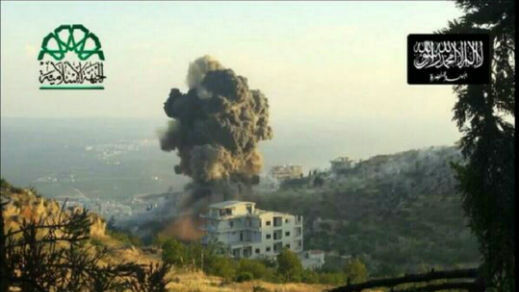Family of four returns after abandoning plans to travel for ‘jihad’
A family of four who reportedly left the Maldives last week to join the civil war in Syria has returned after their intentions were discovered.

06 Sep 2015, 09:00
A family of four who reportedly left the Maldives last week to join the civil war in Syria has returned after their intentions were discovered.
Mohamed Sodiq, 28, from the island of Foakaidhoo in Shaviyani atoll, departed last week with his wife and two children, aged six and three. Their extended family reported the case to the police.
Sodiq flew to Sri Lanka and then Bangkok, where he was due to travel to Syria. However, he returned to the Maldives from Bangkok this week.
A member of the Foakaidhoo island council told The Maldives Independent that Sodiq abandoned his plans when his departure was reported in local media. Sodiq was also identified by name in the media reports.
Become a member
Get full access to our archive and personalise your experience.
Already a member?
Discussion
No comments yet. Be the first to share your thoughts!
No comments yet. Be the first to join the conversation!
Join the Conversation
Sign in to share your thoughts under an alias and take part in the discussion. Independent journalism thrives on open, respectful debate — your voice matters.




